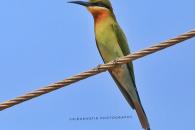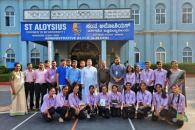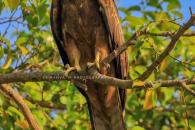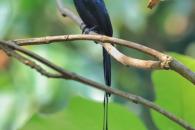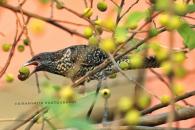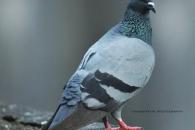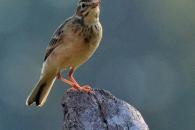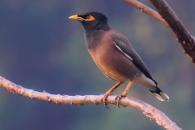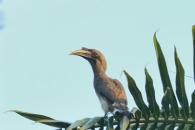A Green Avian Haven – St Aloysius College Mangaluru (Deemed University)
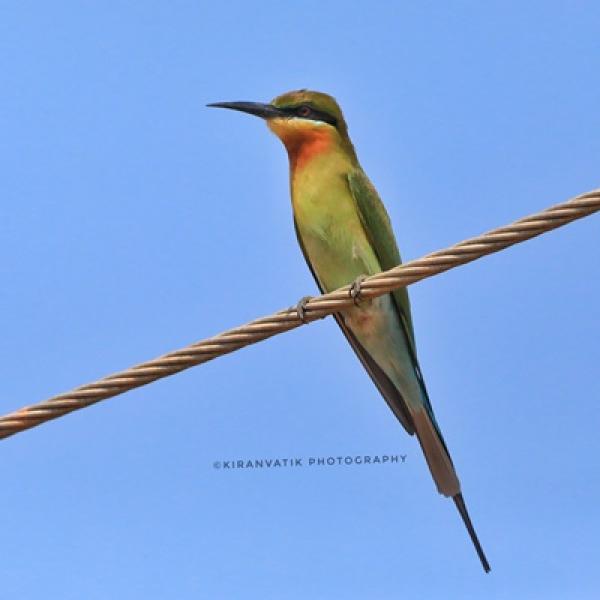
Imagine a bustling university campus, not defined by the hum of lectures, but by the joyful chorus of birdsong. This is the reality at St Aloysius College (deemed to be university) in Mangaluru, India.
For the sixth consecutive year, these green havens transformed into avian observation zones during the annual Campus Bird Count, a citizen science initiative.
From February 16 to 19, an enthusiastic team of 35 students, guided by Glavin Thomas Rodrigues (assistant professor), Kiran Vati K (assistant professor) and Dr Hemachandra (associate professor and HOD) in the active presence of Hariprasad Shetty (assistant professor), Savia D’Souza (assistant professor) and Michelle Rodrigues (assistant professor) faculty from the Department of Zoology, embarked on a mission to document the feathered residents. Their quest led them through the lush 37-acre St Aloysius College (deemed to be university), a sanctuary amidst the urban landscape, and the verdant 17-acre AIMIT campus near Kotekar Beeri.
The results were a symphony of diversity. St Aloysius College (deemed to be university) witnessed a captivating spectacle of 36 species, each adding a unique melody to the campus soundscape.
The acrobatic antics of the Greater Racket-tailed Drongo and the Green-tailed bee-eater, the melodic calls of the Jungle Myna, and the vibrant flashes of the Purple-rumped sunbird were just a few highlights.
Even majestic predators like the Black Kite, Brahminy Kite and Shikra soared overhead, adding a touch of drama to the avian ensemble.
Meanwhile, the AIMIT campus emerged as a hotspot for bird diversity, boasting a remarkable 71 species. This year’s count revealed exciting new additions, such as the Indian grey hornbill, Buff throated babbler, Glossy Ibis, Paddy field pipit, Stork billed kingfisher, Green pigeon and Little cormorant. Notably, AIMIT’s commitment to green spaces earned it recognition as an eBird Hotspot in 2022, further solidifying its significance as a haven for avian life.
But what truly makes these campuses havens for birds is not just the number of species, but the thriving ecosystem that sustains them. The abundance of fruiting plants and trees acts as a veritable buffet for feathered gourmands while offering vital nesting sites and safe havens. The presence of numerous visible nests during the count is a testament to the balanced environment that these campuses provide.
The Campus Bird Count is much more than just a numbers game; it’s a window into the health of our urban ecosystems. By conducting these annual surveys, St Aloysius (deemed to be university) campuses are not only contributing valuable data to national and global bird conservation efforts, but also setting an inspiring example for other institutions.
Photographs, courtesy Kiran Vatik, St Aloysius (Deemed to be University)

